What will I experience?
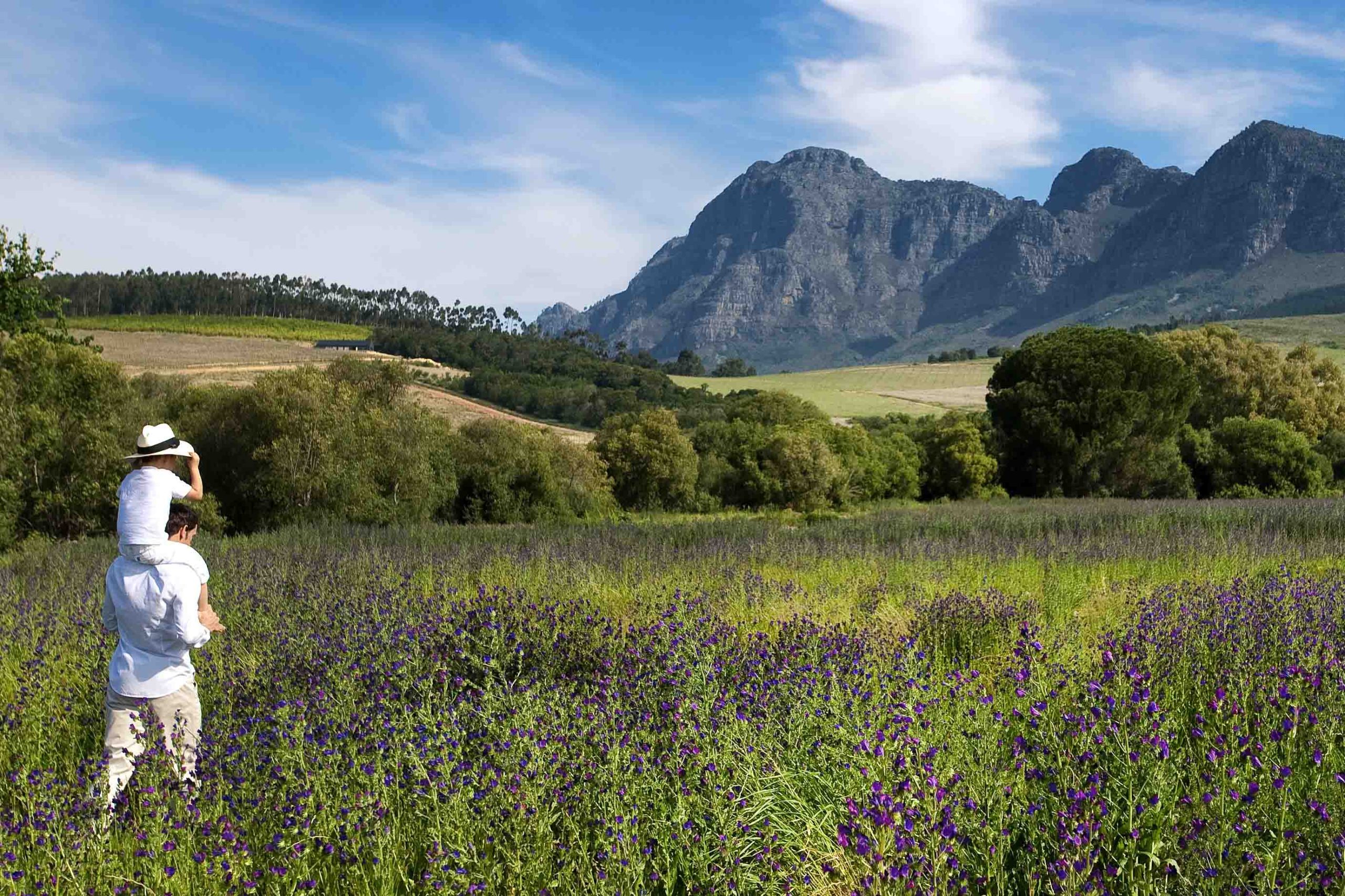
From the moment you arrive in the city you are met by a rich, vibrant energy and some of the most welcoming and enthusiastic people you could hope to meet. With sea and mountain views in every direction the city is nestled in one of the most beautiful locations in the world.
A day spent hiking up Table Mountain is one way to experience some of the magic of Cape Town’s natural heritage, without having to travel outside of the city limits. Starting in the magnificent landscapes of the Kirstenbosch National Botanical Garden you are immediately surrounded by natural beauty. As you make your way into the Skeleton Gorge section of the hike you will climb wooden ladders and boulder hop along streams as you make your way up the mountain side, this is one of the most spectacular and fun parts of the hike. At the top of the gorge as the trees begin to part you will be greeted by a phenomenal view back down the gorge.
Read More
Just a short walk away you can enjoy a dip in the cool waters of the de Villiers reservoir. Once adequately refreshed you can continue your hike past Maclear’s Beacon to the top of the mountain. Here you can enjoy breathtaking views of the city below and all the way out to the crystal blue ocean beyond, a photographer’s delight. Taking the cable car back down the mountain is an exciting and fun
experience to end off your day.
For a different experience, you can immerse yourself in some of the city’s cultural history with a visit to the Bo-Kaap, formerly known as the Malay Quarter this area was once a township and the historic centre for the Cape Malay culture in Cape Town. With the largest concentration of pre-1850 architecture in South Africa this is the oldest surviving residential area in Cape Town. You will be greeted by brightly coloured houses that create a rainbow against the backdrop of Table Mountain. Mouth watering aromas of Cape Malay style foods drift on the breeze and draw you into bustling cafes where you are greeted by warm smiles and invitations to sit and enjoy a meal. Allow yourself to relax and enjoy this authentic experience as you are surrounded by the gentle ebb and flow of traditions built on generations of history.
A true reflection of the dynamic and rich heritage of Cape Town can be found in the various cuisines, food stalls, markets, restaurants, wine farms and cafes that each offer a unique experience with a common thread of excellent food and even better service. Aromatic and flavourful coffee, craft beer and gin, sublime world class wine and carefully curated cocktails are some of the delicious beverages on offer to complete your dining experiences.
Combining natural beauty with tasteful architectural design, thriving cultural and historic traditions as well as a wealth of incredible people, Cape Town is a literal smorgasbord of things to do, places to see and adventures to be had.
Tell me more
Cape Town is the second most populated city in South Africa, and is also the legislative capital for the country. Informally known as the Mother City, Cape Town is renowned for its natural beauty and energetic city life. Famous landmarks in the city include Table Mountain, Robben Island, Lion’s Head, Cape Point, the Cape Town Harbour and the Cape Floristic Region.
First developed by the United East India Company, upon Jan van Riebeeck’s arrival on 6 April 1652, Cape Town is the oldest urban area in South Africa. Then known as the Cape Colony it was the first European settlement in South Africa and acted as a supply station for Dutch ships travelling to the Far East, India and East Africa. Quickly outgrowing its initial purpose as an outpost at the Castle of
Good Hope, the Cape Colony became a cultural and economic hub, a precursor for today’s vibrant and diverse city.
Table Mountain, the iconic centrepiece of the city, has a summit of 1 000 metres (3 300 feet), and is named for its flat top and often has a thin wisp of cloud adorning its pinnacle, referred to as the tablecloth. “The mountain” as it affectionately known by locals is flanked by Devil’s Peak and Lion’s Head, all three peaks are popular amongst hikers, trail runners and view seekers. To the south, the Cape Peninsula juts out 40 kilometres (25 miles) into the Atlantic Ocean and ends at Cape Point. The drive to this point takes you on a scenic route through the Cape Point Nature Reserve, which is made up of beautiful mountainous scenery, pristine beaches, and the remarkable indigenous flora that is characteristic of the Cape Floristic Region.
When should I go?
Cape Town has a warm Mediterranean climate and generally experiences warm dry summers from October until April, with temperatures peaking between December and February. During this time beach holidays are very popular, nightlife is thriving and a sense of festivity and excitement fills the city. From late January until April the weather is still pleasant and many holiday makers have left, leaving you with access to emptier beaches as the city is overtaken by a sense of calm that coincides with a decrease in the amount of wind.
Winters are mild and you can expect some rainfall. Early in the winter season, from April until July is the ideal time to plan a hiking holiday, as the weather is cooler and the days are beautifully clear and crisp. For avid surfers April and May are known to be the best time of year for consistent swell, this coupled with favourable wind conditions and good weather makes these months a great time to get out on your board on either of the cape coastlines. Ocean temperatures vary greatly depending on which beaches you visit. On the Atlantic Seaboard temperatures are around 10 degrees Celsius (50 degrees Fahrenheit), while in False Bay temperatures are over 22 degrees Celsius (72 degrees Fahrenheit) due to the warm Agulhas Current.
Cape Town is always a welcoming place for tourism and during the colder months of June through until August the indoor food markets come to life. Bookings at some of the top restaurants and wine farms are also easier to come by during these months and the cooler weather is ideal for cycling, running and hiking. From July until September the exciting prospect of whale watching arises as this
is when the southern right whales, a migratory species, are present along the coastline. It is also during this time that the weather begins to warm up and the wild flowers begin to bloom, an incredible spectacle which is not to be missed.
Gallery
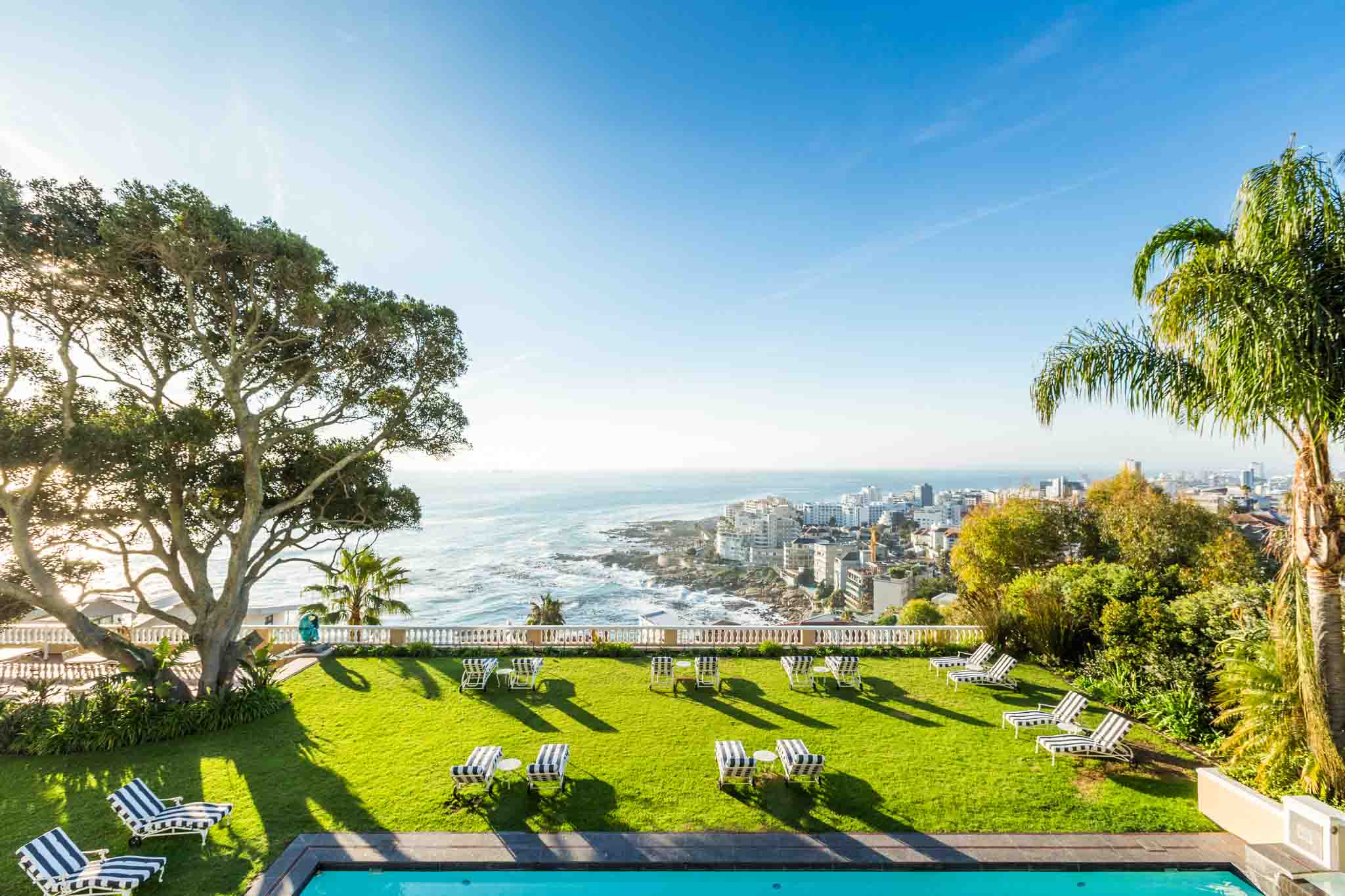
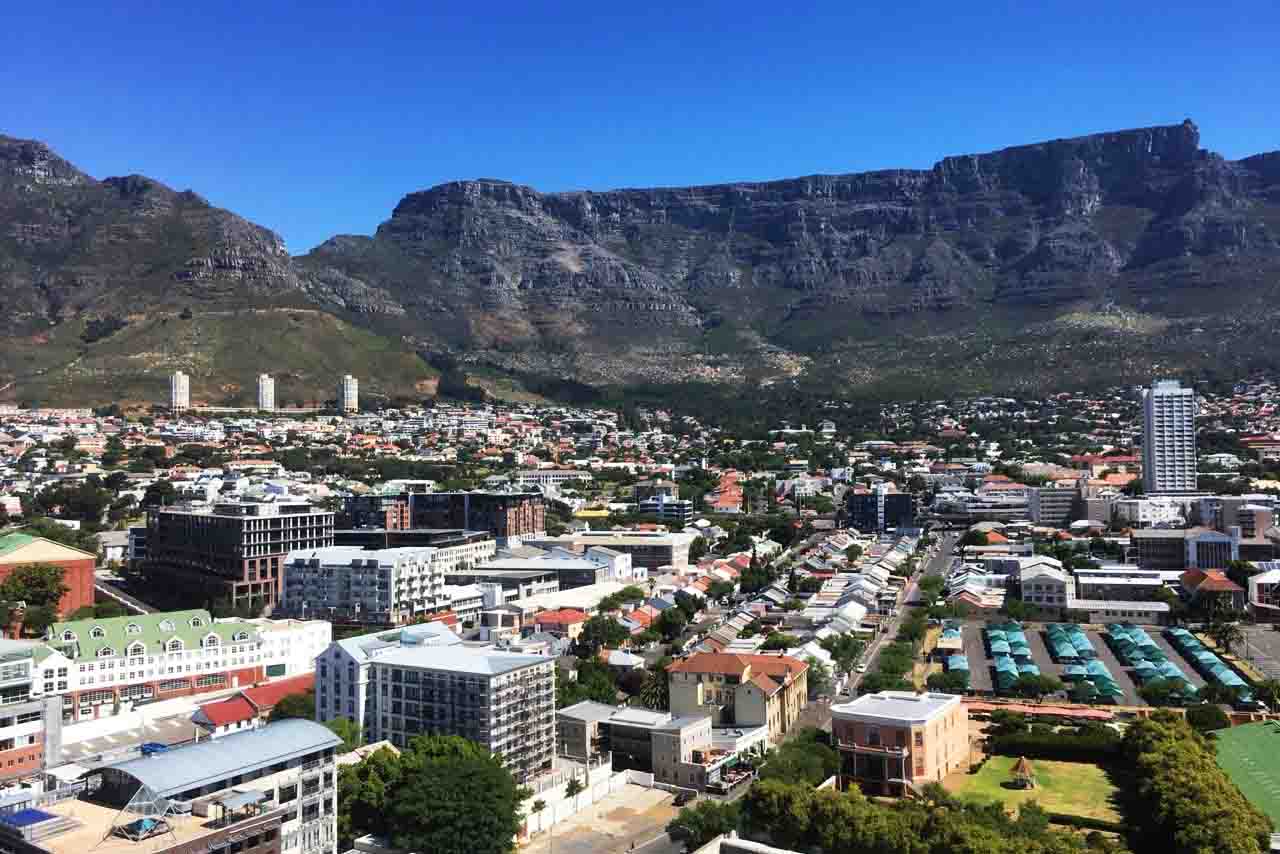
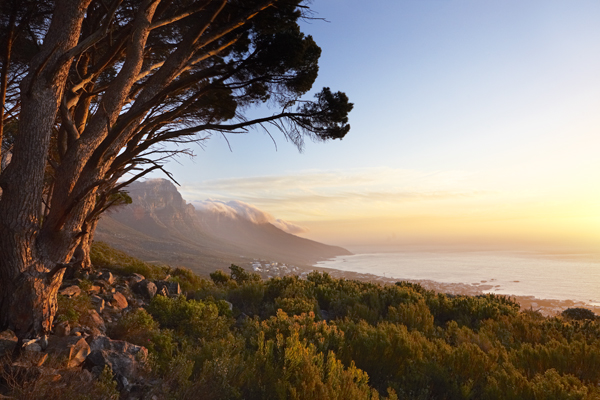
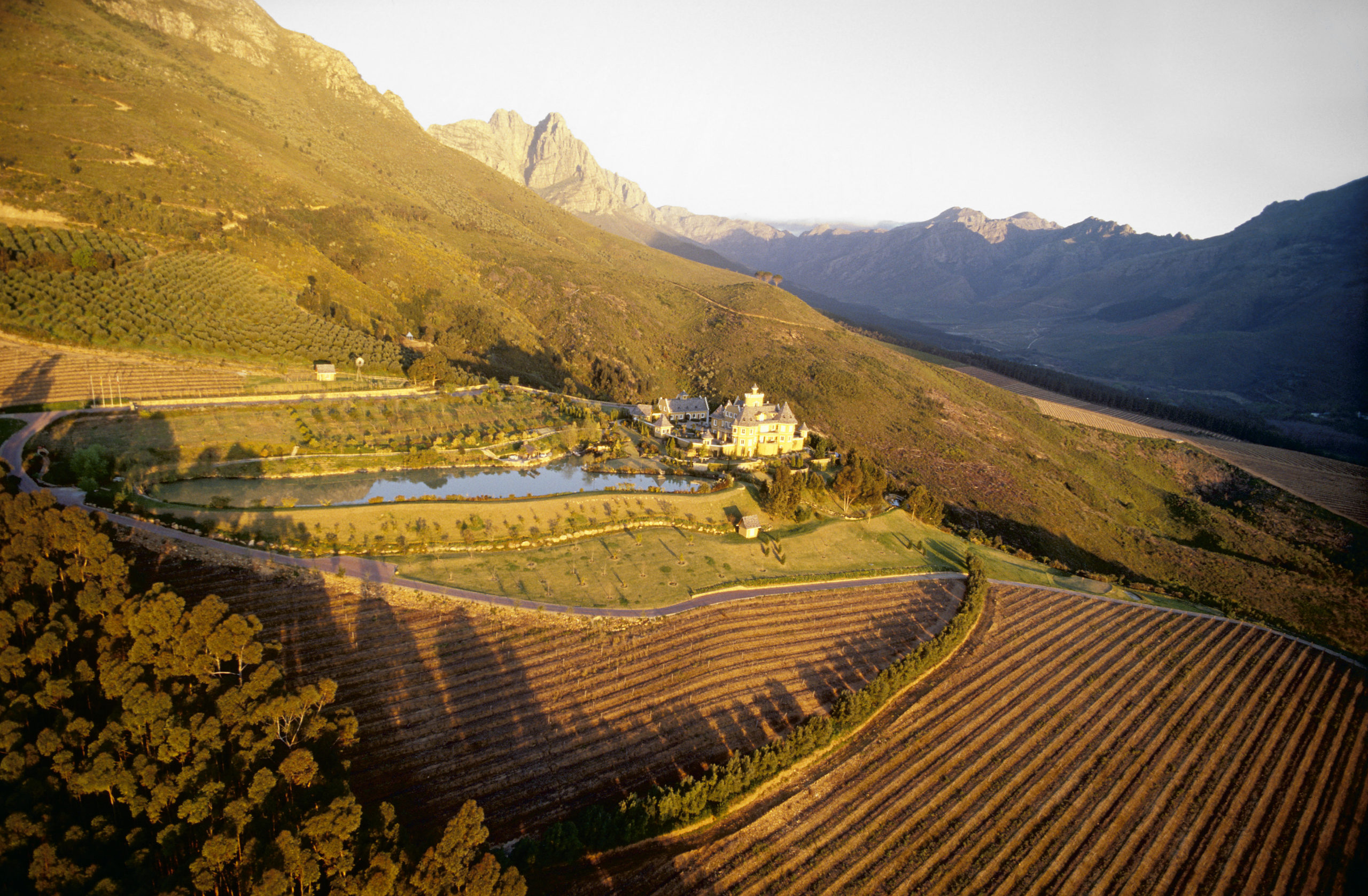
hotels

MannaBay Hotel
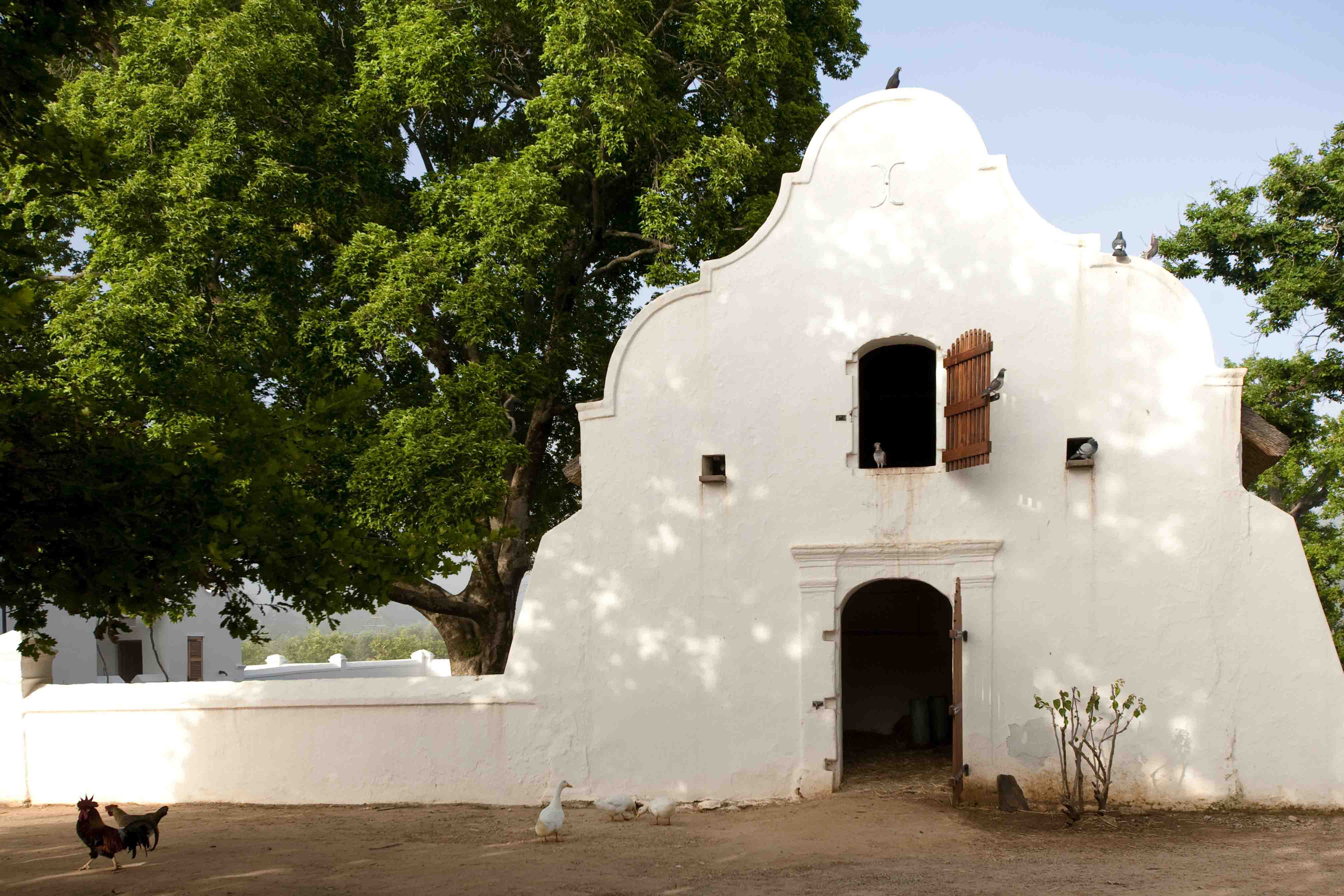
Babylonstoren Farm
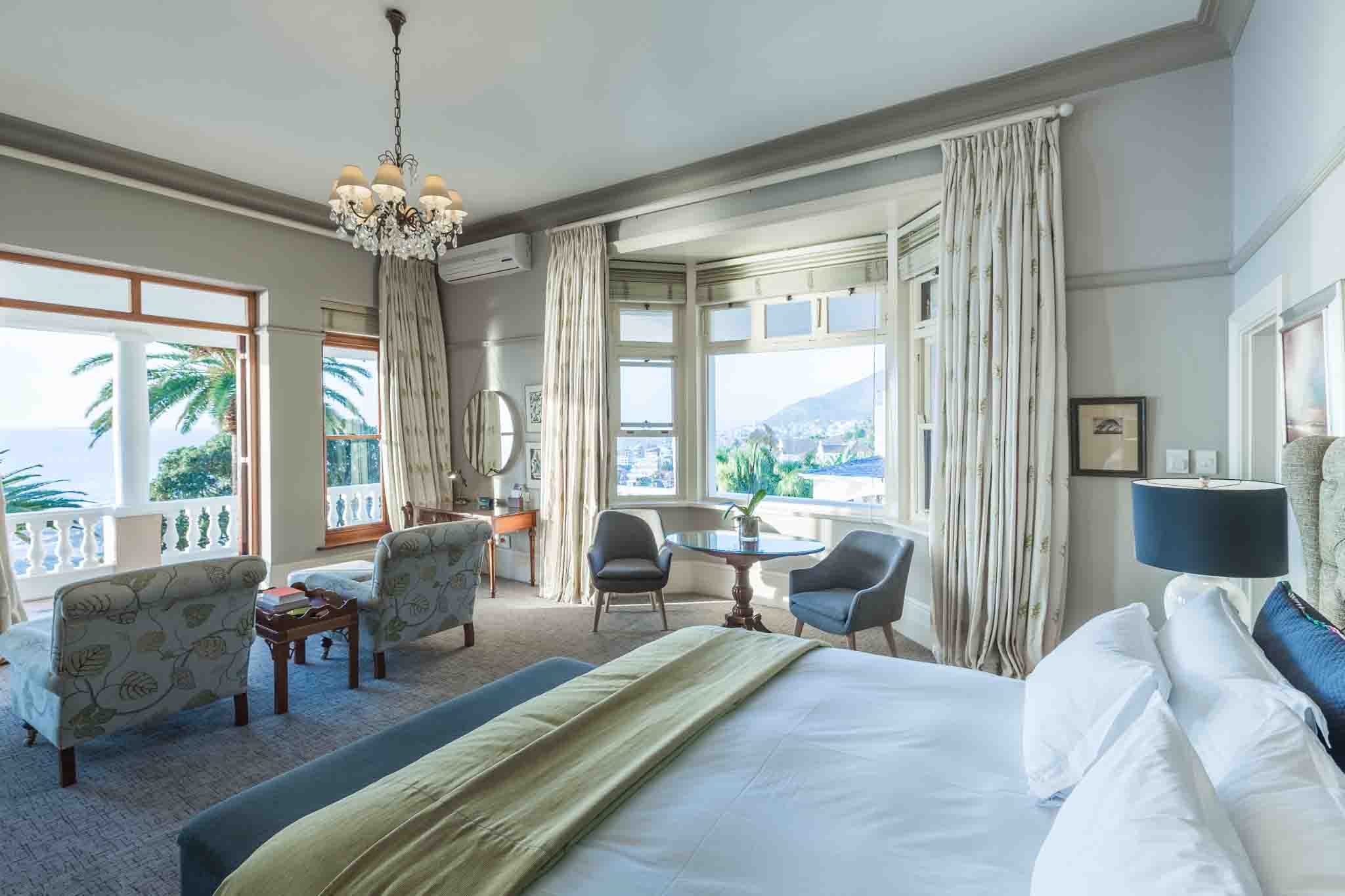
Ellerman House
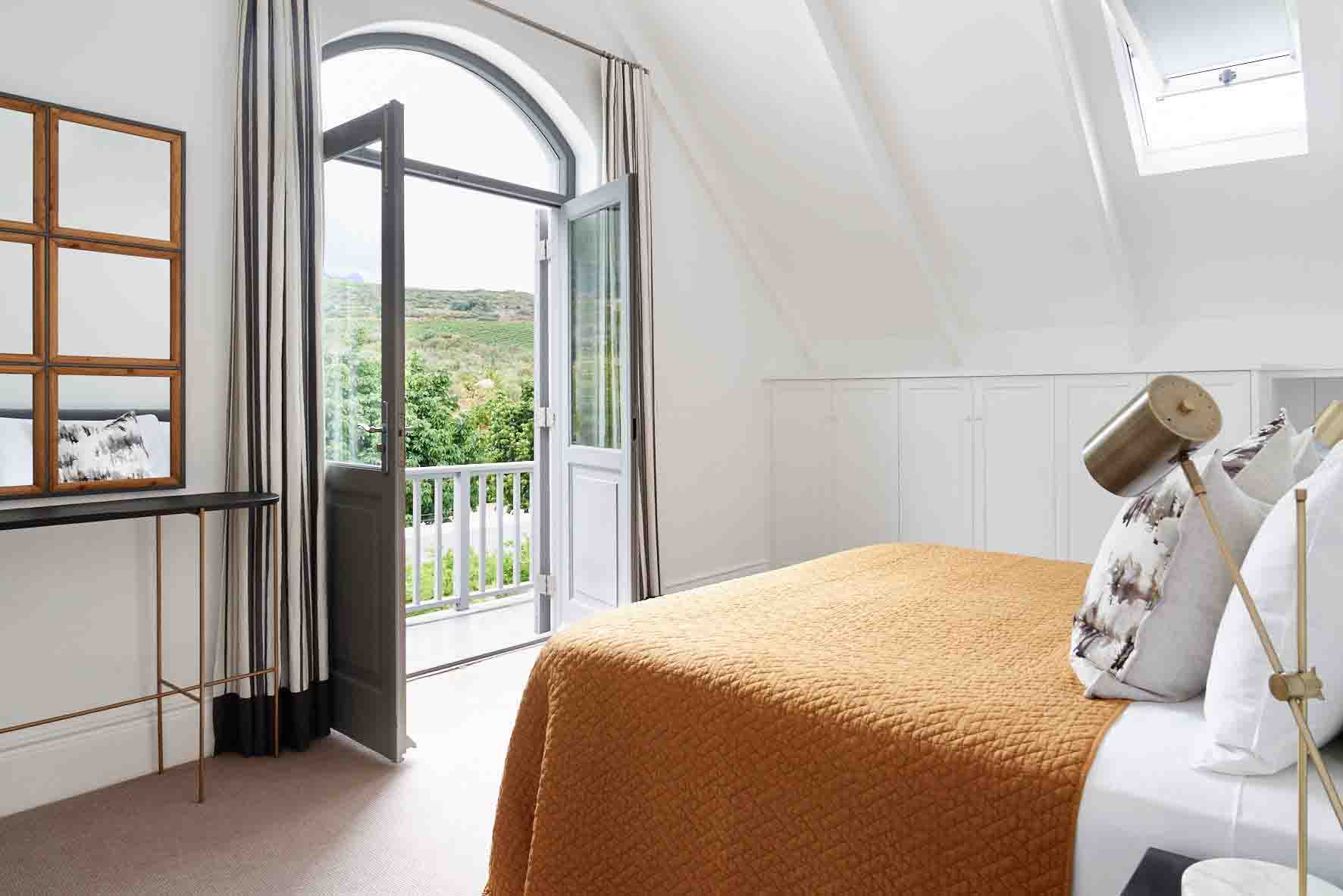
Boschendal Farm

